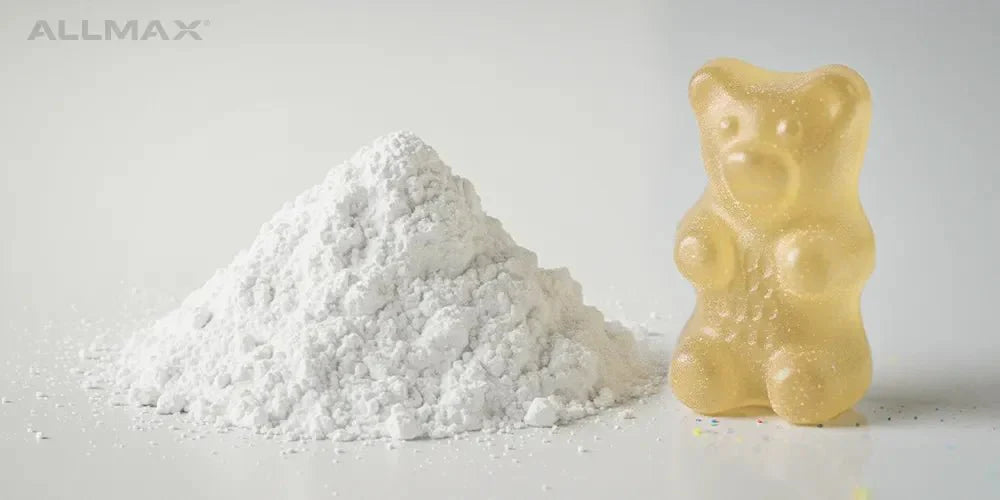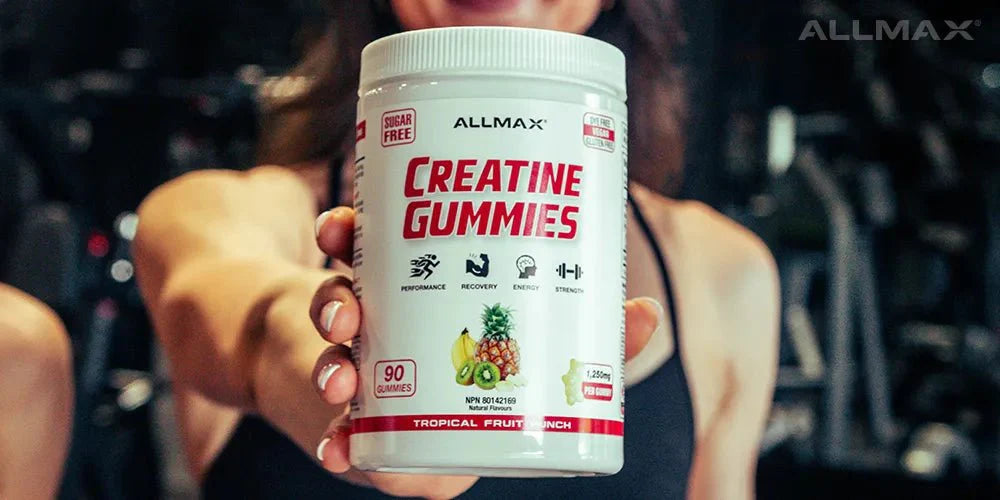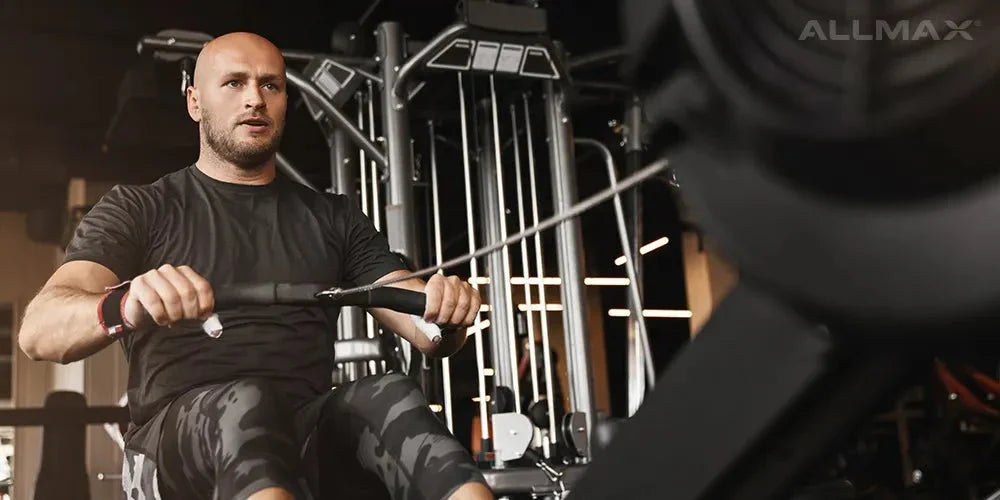Low testosterone levels can affect muscle mass, sexual function, and overall health. Discover practical ways to naturally boost testosterone in men and women, including diet, exercise, and lifestyle changes.
Table of contents
What is Testosterone?
Testosterone is a naturally occurring steroid hormone that belongs to the androgen group.
In men, over 95% of testosterone is secreted by the Leydig cells of the testes, while in women, smaller amounts are produced in the theca cells of the ovaries, the adrenal cortex, and the skin. In men, testosterone is the principal sex hormone, playing a crucial role in the development of reproductive tissues and promoting secondary sex characteristics such as muscle growth, bone mass, and body hair.
Although testosterone production is significantly higher in men than in women, it is important for the health and well-being of both sexes. Adequate levels of testosterone help prevent osteoporosis, support muscular strength, and contribute to overall vitality. Testosterone can be measured as either “free” (unbound) or “total” (unbound and chemically bound), with levels below 300 ng/dL in men often considered low, potentially requiring medical attention or supplementation.
Research shows that testosterone directly influences muscle growth through hypertrophy of muscle fibers, enhances skeletal muscle strength, and supports protein synthesis. It also supports body composition, mood, sexual function, and overall quality of life. In summary, testosterone is not only essential for reproductive health but also plays a vital role in physical performance, cognitive function, and general well-being in both men and women.
What Are the Symptoms of Low Testosterone?

Low testosterone levels can manifest as:
Decreased muscle mass and strength: Men and women with low testosterone often report noticeable muscle loss, reduced endurance, and slower recovery after physical activity. Researches show that testosterone levels are strongly connected to lean body mass and physical performance.
Reduced sexual function: Low testosterone can lead to decreased libido, erectile dysfunction in men, and reduced sexual satisfaction in women. Research indicates that hormonal imbalance directly affects sexual desire and function.
Fatigue and low energy: Chronic tiredness, lack of motivation, and reduced stamina are common. A PLOS One study shows that lower testosterone levels are associated with increased fatigue and decreased physical activity.
Mood changes and cognitive effects: Increased irritability, depression, anxiety, and difficulty concentrating can occur. Evidence suggests that testosterone modulates neurotransmitters, influencing mood regulation and cognitive function.
Metabolic and cardiovascular changes: Low testosterone is associated with higher body fat, insulin resistance, and altered lipid profiles, which raise long-term health risks.
Both men and women may experience these symptoms, though presentation differs by sex and age. Recognizing these signs early is essential, as low testosterone not only affects quality of life but also long-term physical and mental health.
How Can You Naturally Increase Testosterone Levels?
There are several natural approaches to boost testosterone naturally, which are safe and effective for both men and women.
Dietary Changes to Boost Testosterone
Nutrition plays a key role in regulating testosterone. Research indicates:
Zinc: Deficiency is linked to hypogonadism. Zinc supplementation in deficient men can almost double testosterone levels.
Vitamin D: Positively correlates with total testosterone levels.
Macronutrient balance: Higher carbohydrate and saturated fat intake may boost testosterone, but should be balanced with overall dietary goals.
Other micronutrients: Magnesium, boron, vitamin C, and conjugated linoleic acid may affect testosterone, but further research is required.
Exercise and Its Impact on Testosterone Production
Acute and resistance exercise can stimulate testosterone production:
Experienced weightlifters often see significant post-exercise increases in testosterone, while beginners may not.
Moderate-intensity resistance exercise increases testosterone in both young and middle-aged men.
Maximal heavy resistance exercise boosts testosterone in men, with growth hormone rising in both men and women.
These findings suggest that training experience, intensity, and fitness level affect exercise-induced testosterone responses.
Sleep's Role in Increasing Testosterone Levels Naturally
Adequate sleep is essential for hormone production. Chronic sleep deprivation lowers testosterone, while quality sleep supports recovery, muscle growth, and libido. Aim for 7–9 hours per night to maximize natural testosterone production.
What Lifestyle Changes Help in Boosting Testosterone?

Lifestyle habits have a significant impact on your testosterone levels. Even with proper diet and exercise, daily choices like stress management, alcohol consumption, and sleep quality can either support or hinder your body’s ability to naturally produce testosterone. Implementing positive lifestyle changes can help maintain optimal hormone balance and overall health.
Reducing stress: High cortisol levels from chronic stress can lower testosterone. Mindfulness, meditation, and light physical activity can help maintain hormonal balance.
Avoiding excess alcohol: Alcohol can reduce testosterone levels and impair liver function, which is critical for hormone metabolism.
What are Testosterone Boosters?
Testosterone boosters are dietary supplements, both herbal and non-herbal, that aim to support testosterone levels. For a range of tested options, explore our testosterone boosters.
Herbal Agents and Testosterone
Longjack Tongkat Ali: Evidence in men and women shows increased testosterone, improved muscle strength, and decreased fat mass. Mechanisms may include cAMP elevation, enhanced LH/FSH secretion, and reduced estrogen levels.
Tribulus Terrestris: TRIBX90 is a standardized Tribulus terrestris extract designed to deliver active compounds that support natural testosterone levels, enhance vitality, and promote muscle strength.
Fadogia Agrestis: A natural plant extract traditionally used to support healthy testosterone levels and overall male vitality.
Fenugreek: May improve libido and quality of life; testosterone effects are inconclusive.
Velvet bean (Mucuna pruriens): Animal studies indicate increased testosterone; human research is limited.
Ginseng: Animal studies show increased testosterone and libido; human data are scarce.
Ginkgo biloba: Animal studies show enzyme activity that could raise testosterone, but human studies are inconclusive.
Passionflower extract: It may inhibit aromatase to help maintain testosterone, though human research is limited.
Non-Herbal Supplements
D-Aspartic Acid (DAA): An amino acid that supports natural testosterone production and helps promote vitality and muscle strength.
Which foods increase testosterone the most?
Zinc-rich foods, vitamin D sources, healthy fats, and protein can help support testosterone levels.
Which exercise increases testosterone?
Resistance training, heavy lifting, and high-intensity interval training (HIIT) may help increase testosterone levels.
References
1. Huo, S., Scialli, A. R., McGarvey, S., Hill, E., Tügertimur, B., Hogenmiller, A., ... & Fugh-Berman, A. (2016). Treatment of men for “low testosterone”: a systematic review. PloS one, 11(9), e0162480.
https://journals.plos.org/plosone/article?id=10.1371/journal.pone.0162480&crsi=662497588&cicada_org_src=healthwebmagazine.com&cicada_org_mdm=direct
2. Gunnels, T. A., & Bloomer, R. J. (2014). Increasing circulating testosterone: impact of herbal dietary supplements. J Plant Biochem Physiol, 2(2), 130.



